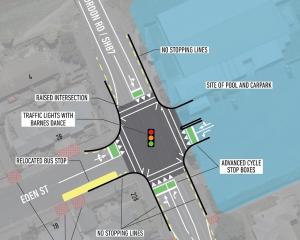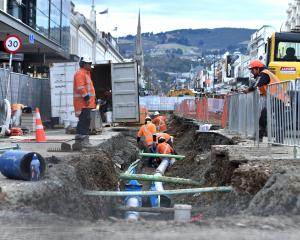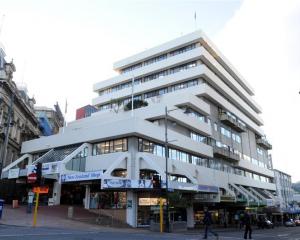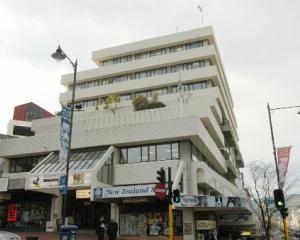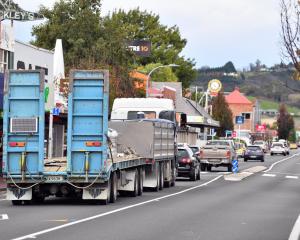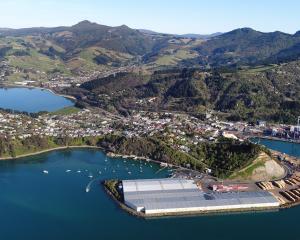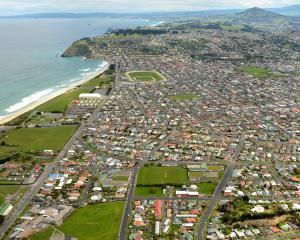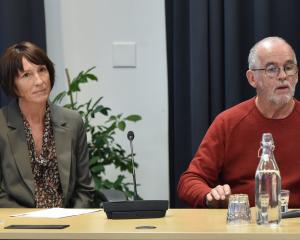Matters discussed and decided by Dunedin city councillors when the public and media are excluded are to be regularly revealed to the public as part of a new council policy.
The new practice will mean most of the reports and minutes from matters discussed in non-public council sessions are posted on the council's website about six weeks after the session is held.
Dunedin mayor Dave Cull said the process about how long things discussed in public-excluded parts of meetings were withheld had been unclear for too long.
"In the interest of good, up-front, transparent government, we needed a process to put those on the record."
The new process might also circumvent formal requests to staff for information that should be made public anyway.
"If it's information anyone can get under the Local Government Official Information and Meetings Act, why wait for them to ask?"
It would also create a situation where it was clear to himself and councillors what they could talk about publicly and what was still confidential.
The council's default position would now be that most things were posted on the website, with very few exceptions.
Some information would still be permanently withheld, for example, where it protected people's privacy, such as information about unsuccessful applicants for positions or funds.
Council staff would decide when information was released, based on when the issue that had prevented it being discussed in public in the first place, such as ongoing commercially sensitive negotiations, lapsed.
Mr Cull, who campaigned on increased transparency in local government, acknowledged it had taken a while to get the process in place, and said that was partially due to a redesign of the website.
Items to be made public will be posted on the minutes and agenda section of the council's website in a rough six-week cycle coinciding with council committee meeting rounds.
They will be posted the same day councillors receive a memo outlining what has happened with non-public information from the previous round of meetings.
The memo will identify which information has been made public, which has not and why, and which continues to be non-public but is to reviewed at a later, specified date.


